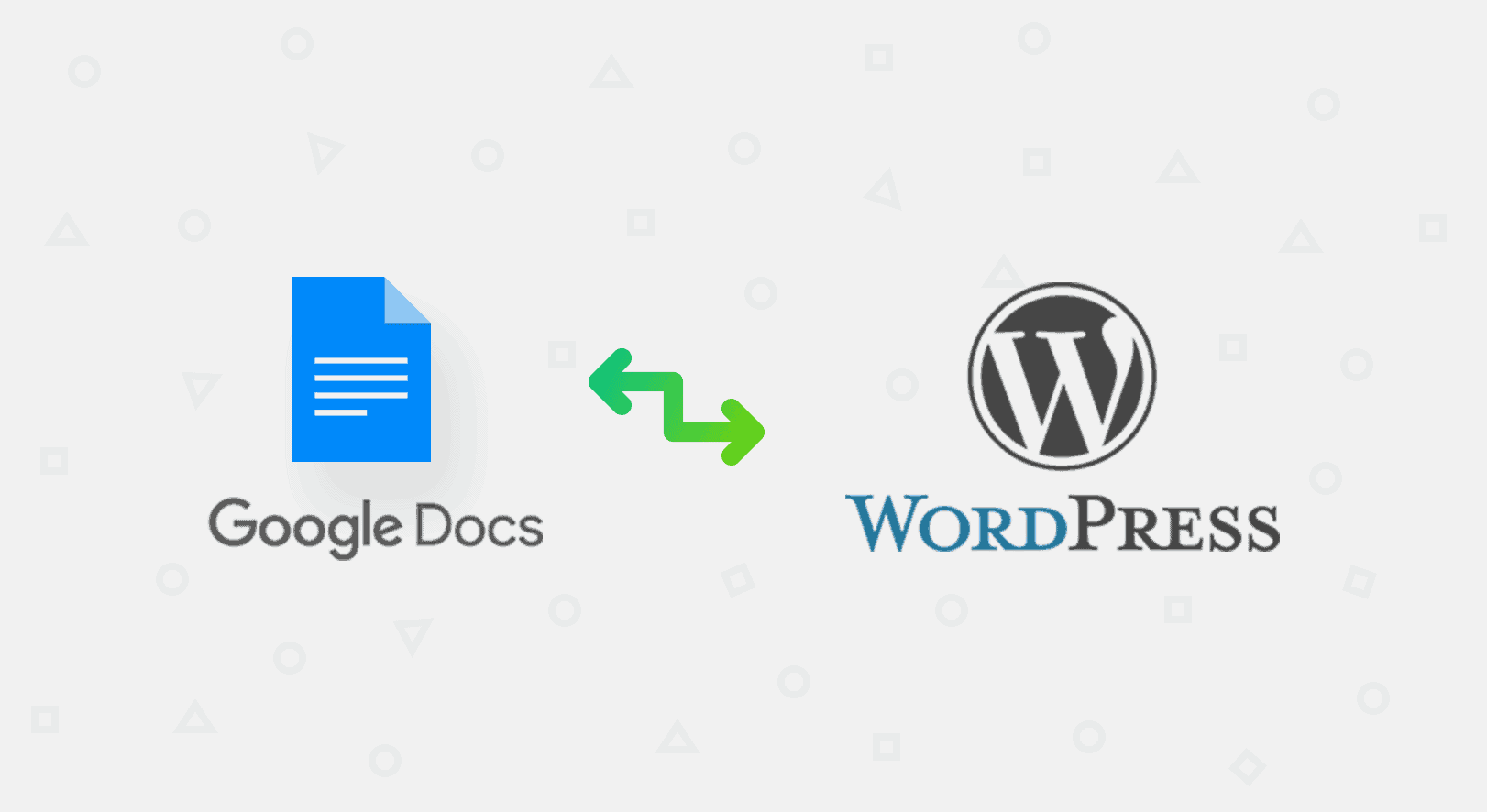There are several important steps to write an entry-level software engineering resume to get hired. According to recent data, recruiters spend about 5 to 6 seconds glancing at each resume before deciding to give it a full-read through. Indeed, HR departments usually have hundreds of resumes to get through before they can narrow down their applicant pool. As a software engineer getting started, you need to know how to write an amazing resume to stand out to potential employers. This way, you can get an interview and prepare for your new career in cloud technology or other sectors. Read on to learn about how to write an entry-level software engineering resume to get hired.
Table of Contents
Write A Resume Summary
First, write a software engineering resume summary to get noticed by employers. Here, you should briefly describe your experience, including any internships and major projects you’ve worked on. Of course, you can also highlight your strengths as they relate to the position you’re applying for. For example, you might focus on building web pages if you’re going for a web development position. Importantly, you should state why you’re interested in the specific position as well. Try to keep your resume summary about two to four sentences long. This way, you can save room for your contact info and other resume sections.
Include A Technical Skills Section
Next, include a technical skills section to write a standout software engineering resume. List the systems, methodologies, and languages that you’ve worked with. Then, order them by their relevance to the position. In addition, you can also include the libraries, frameworks, and tools that you’ve worked with as well. For example, many top development enterprises use software distribution tools by JFrog to accelerate their releases. With this, you can speed up deployments and concurrent downloads at scale throughout your SDLC. In addition, integrate your distribution process with CI/CD, binary management, and security policies. Undoubtedly, employers are more likely to notice your resume when you have knowledge of advanced tools and technical skills.
Detail Your Work Experience
In addition, detail your work experience in your software engineering resume. Ideally, you should list any IT-related jobs and internships you’ve held during college. Emphasize work experience that’s relevant to the position you’re applying for. Exclude irrelevant past positions such as work in the retail, food, or service industries. Additionally, you should tailor your descriptions to the requirements of the position. When possible, highlight experience that shows you align with the company culture. Of course, you should list your experiences in reverse chronological order. Start with your most recent positions and work backwards to emphasize relevance.
Add Your Education
Moreover, add your education to your software engineering resume. If you have two or more years of experience, you can keep this section very brief. Name your university and degree. Then, list your dates of study. If you’re a recent graduate, you should add more details. For example, list relevant coursework, extracurricular activities, and academic achievements. Include if you’re on the Dean’s List, and add your GPA if it’s 3.5 or higher. In this section, you can also list any relevant certifications you’ve earned like the green coding certification. Or, write if you completed a programming bootcamp, online course, or agile certificate. In short, add your education to demonstrate your qualifications on your software engineering resume.
Showcase Your Personal Projects
Furthermore, showcase your personal projects on your software engineering resume. Group your projects into subheadings such as technical and financial projects. Then, identify what type of project you’ve created using a subheading title. Here, you might write “Android mobile gaming app” or “FinTech chatbot.” Next, write a short description of the project. Highlight what problem it solved and your purpose for building it. If it was for a client, you can also list them here as well. Of course, you can also identify the skills you used to develop each solution. For example, list different tech stacks like LAMP or MEAN. As you gain experience, you should also create an online portfolio so your employer can click through your projects directly. Then, link it to the top of your resume.
There are several important steps to write an entry-level software engineering resume to get hired. First, write a resume summary to get noticed by your potential employers. Next, include a technical skills section that highlights the languages, methodologies, and tools that you know. In addition, detail your work experience in reverse chronological order. Moreover, add your education to demonstrate your qualifications. Furthermore, showcase your personal projects if you have less experience. Consider these points to learn about how to write an entry-level software engineering resume to get hired.


